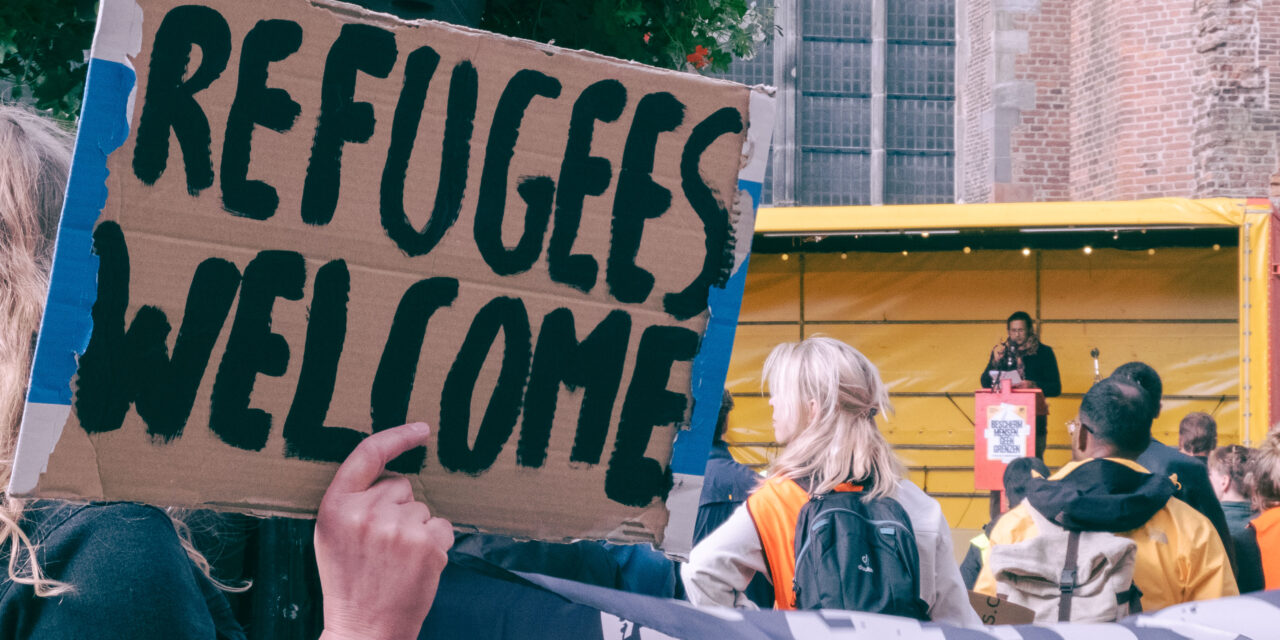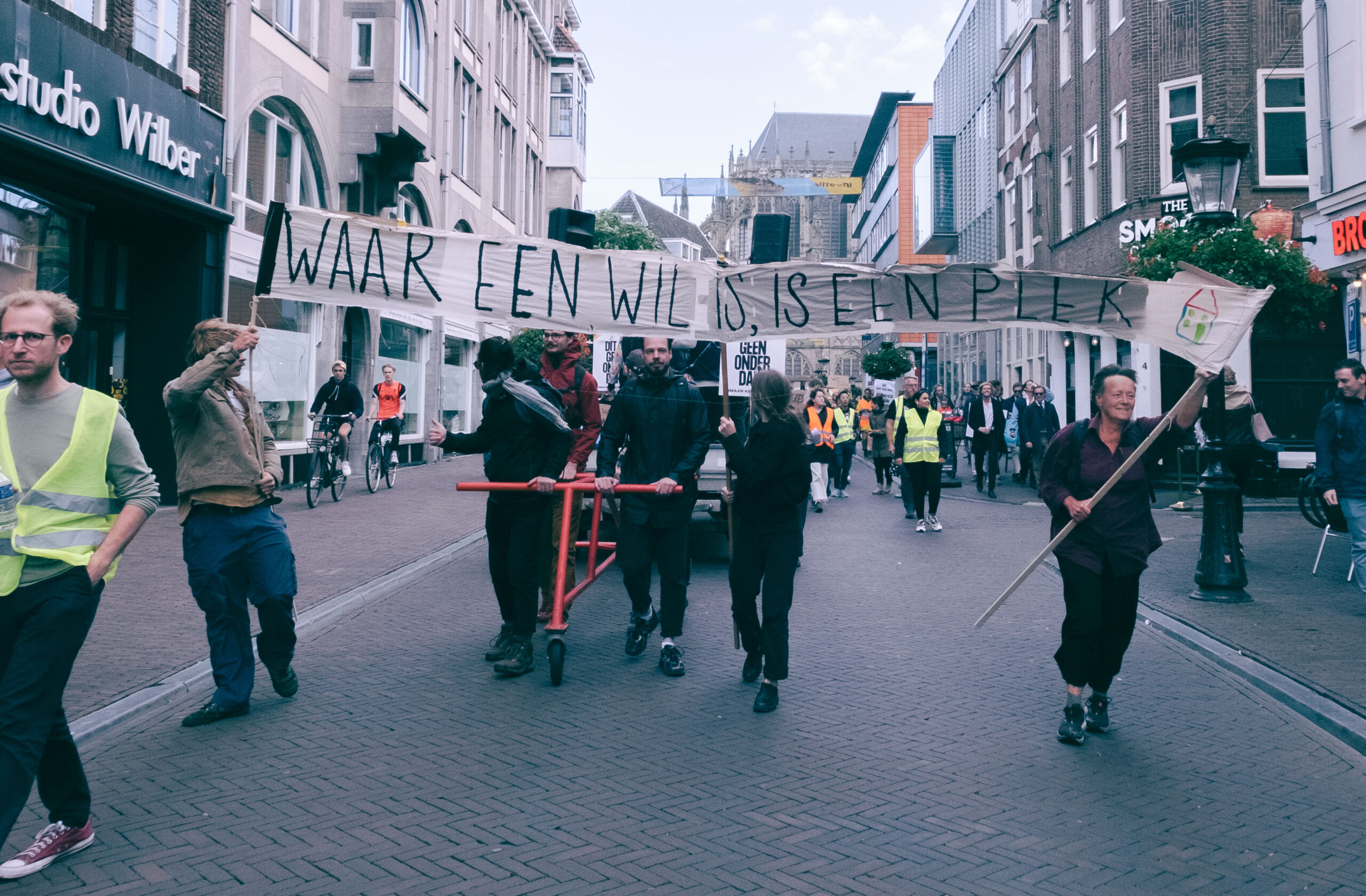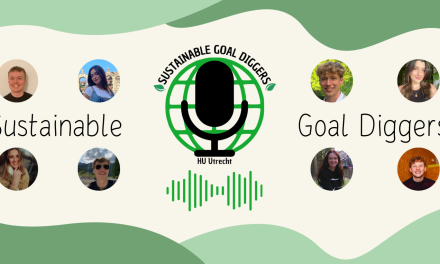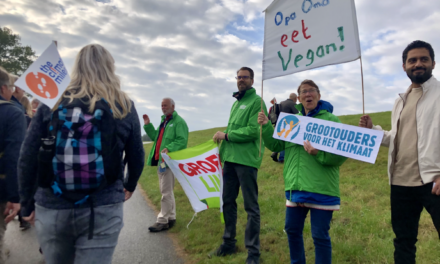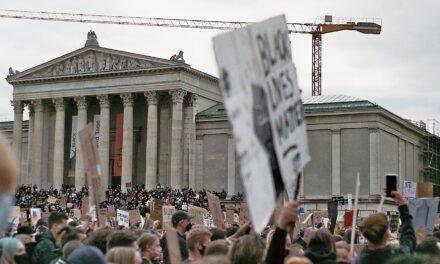As a response to the inhumane situation in asylum seeking centers in the Netherlands, concerned citizens and organizations are taking different kinds of actions to change the situation.
A group of residents of the Dutch city Utrecht gathered and marched last week on Saturday through the city center to raise awareness and demand a humane treatment for all refugees. “The inhumane circumstances in Ter Apel, the main reception center in The Netherlands, required urgent action”, said Irene Krijgsman, a volunteer at the NGO Migreat.
Krijgsman joined the organization as a coordinator three weeks ago as the situation continued worsening “I am deeply ashamed of the consequences of our policy making. We should be doing so much better as a country”, she said.
The past months, arrivals had to sleep outside the main registration center in Ter Apel. The tents that were offered by volunteers and donators were removed by the police in August. A baby died in an overcrowded emergency shelter. For the first time ever in The Netherlands, Doctors without Borders intervened. Although people aren’t sleeping outside, the situation remains very chaotic now as Krijgsman knows from her colleagues. “People still have to wait outside the whole day”, she said.
“Utrecht is a good example of how things can be”, said Sandrine Vollebergt, another volunteer at Migreat. “Utrecht is a progressive city when it comes to receiving refugees. We want to show our national government that a different approach is also possible.”
During Thursday’s city council meeting, a number of councillors suggested to look into the possibility of opening a new reception centre in Utrecht, especially for vulnerable refugees as LGBT Asylum Support demanded during the demonstration. “We see that Utrecht does a lot and we appreciate it”, said councillor Melody Deldjou Fard. “But the situation in Ter Apel is degrading, and other municipalities aren’t taking action about it.”
They also asked the municipality to improve the living situation for the already existing reception centers, for example allowing the residents to cook for themselves in the centers where they receive meals. “For people who left everything they love behind, it’s the least comfort they can have, the chance to cook their own food”, said Deldjou Fard.
The councils weren’t happy with the proposal of junior justice minister Eric van der Brug to limit family reunification until the asylum seekers, even the ones who are granted a residence permit, has a home first.
“These inhumane conditions aren’t temporary, they have become structural.” That’s what the Dutch Council for Refugees wrote last week after the court session where they sued the government and the COA. The council wants to force a legal solution so that the minimum reception requirements are met as soon as possible.
